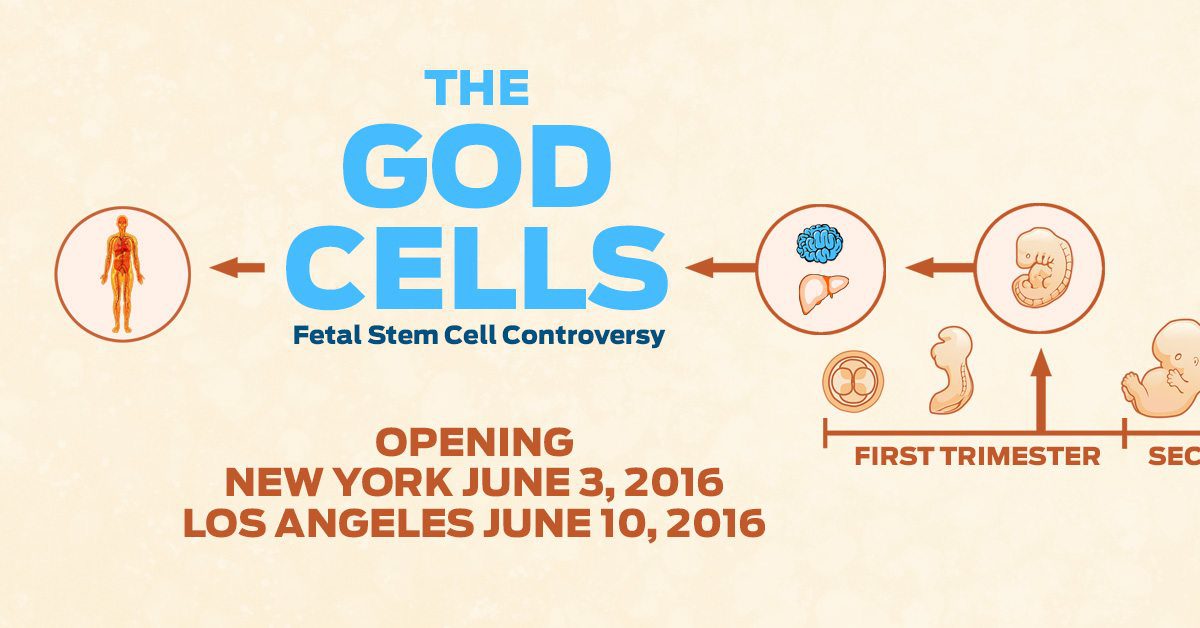
My Little Sister – Bonded for Life
Switzerland?s entry for Best International Feature, My Little Sister (Schweterlein), from directors St?phanie Chuat and V?ronica Reymond, is the story of a bond between siblings. It also asks the existential question of what is life if we cannot live it out? Lisa (Nina Hoss) is a playwright who has not been writing. Originally from Berlin,…

